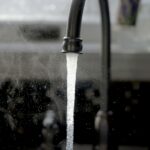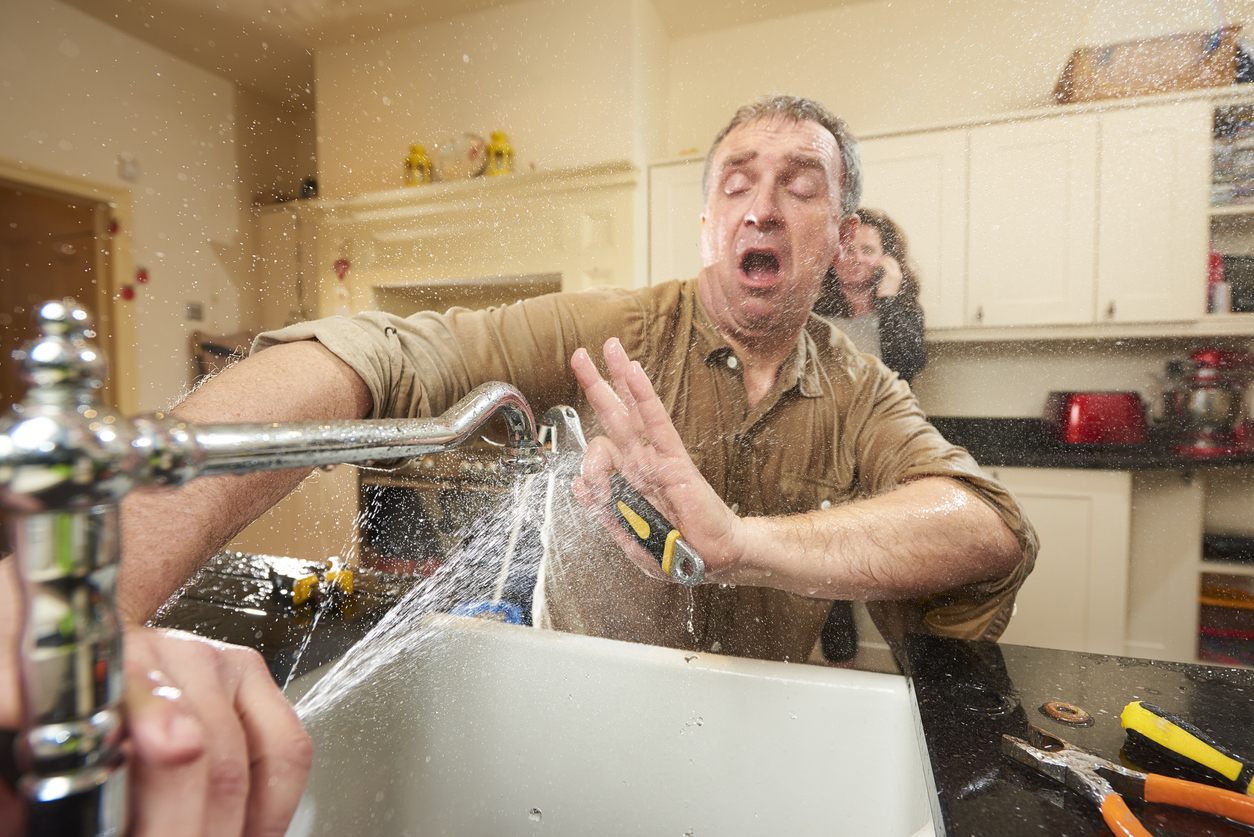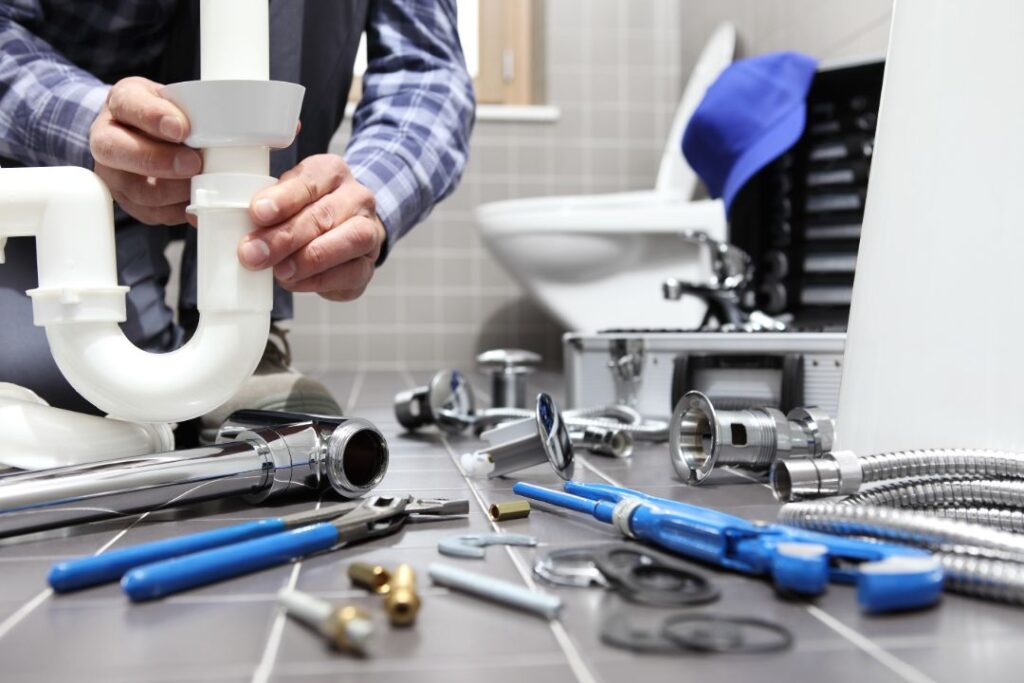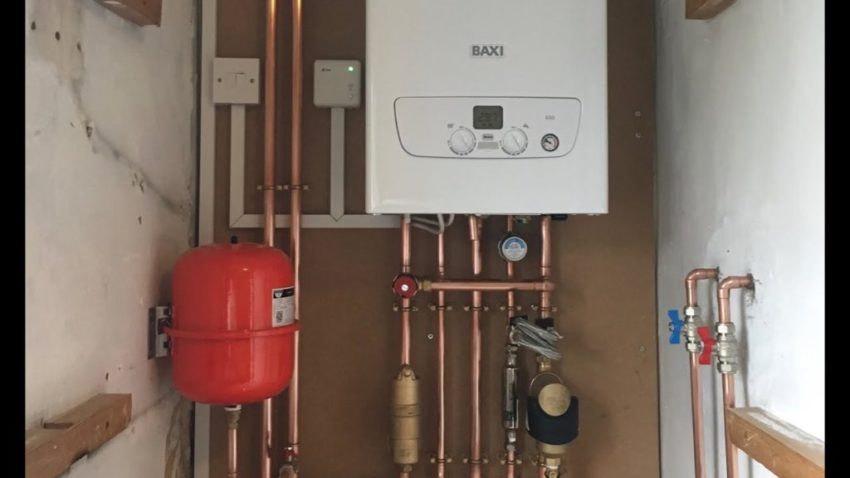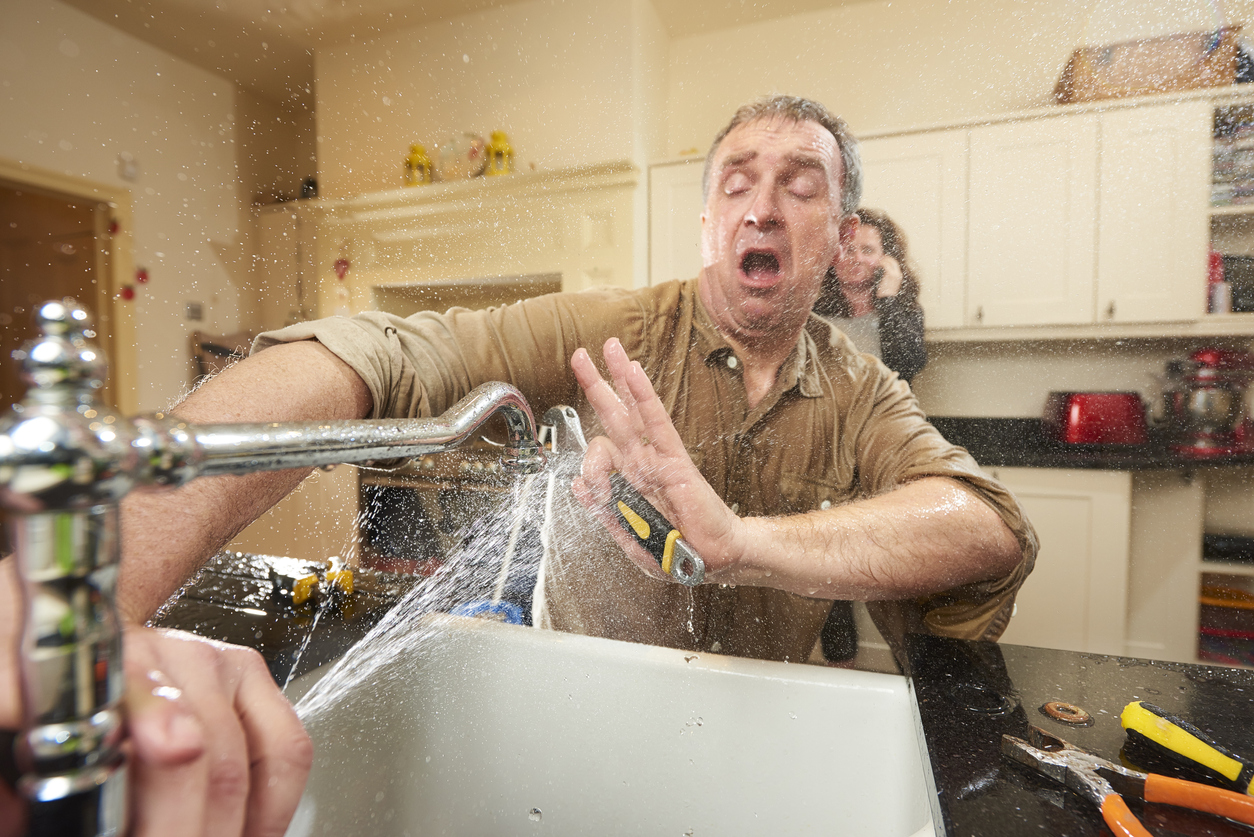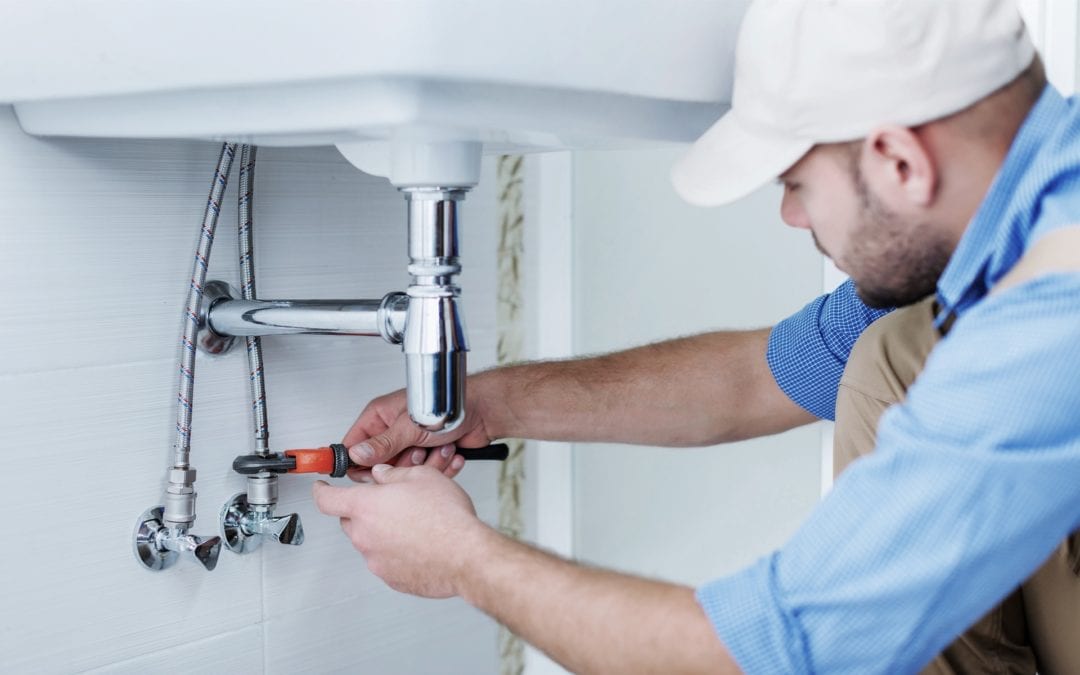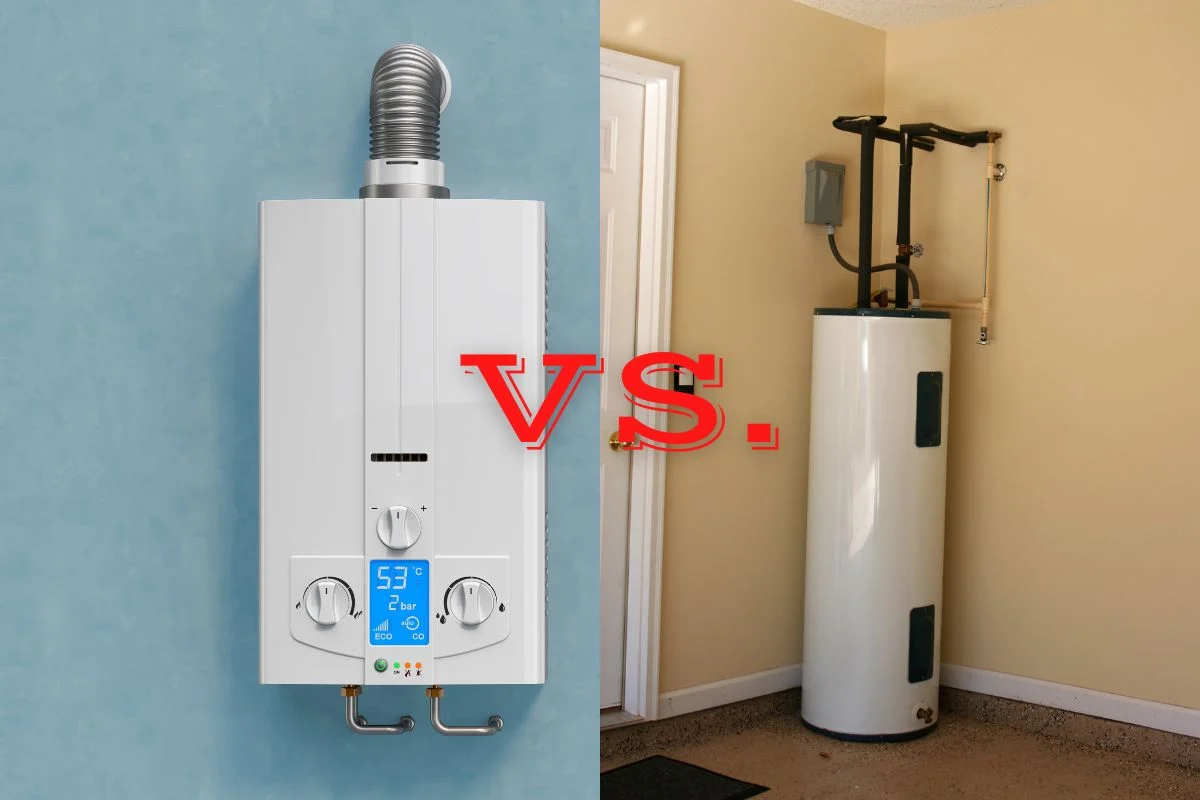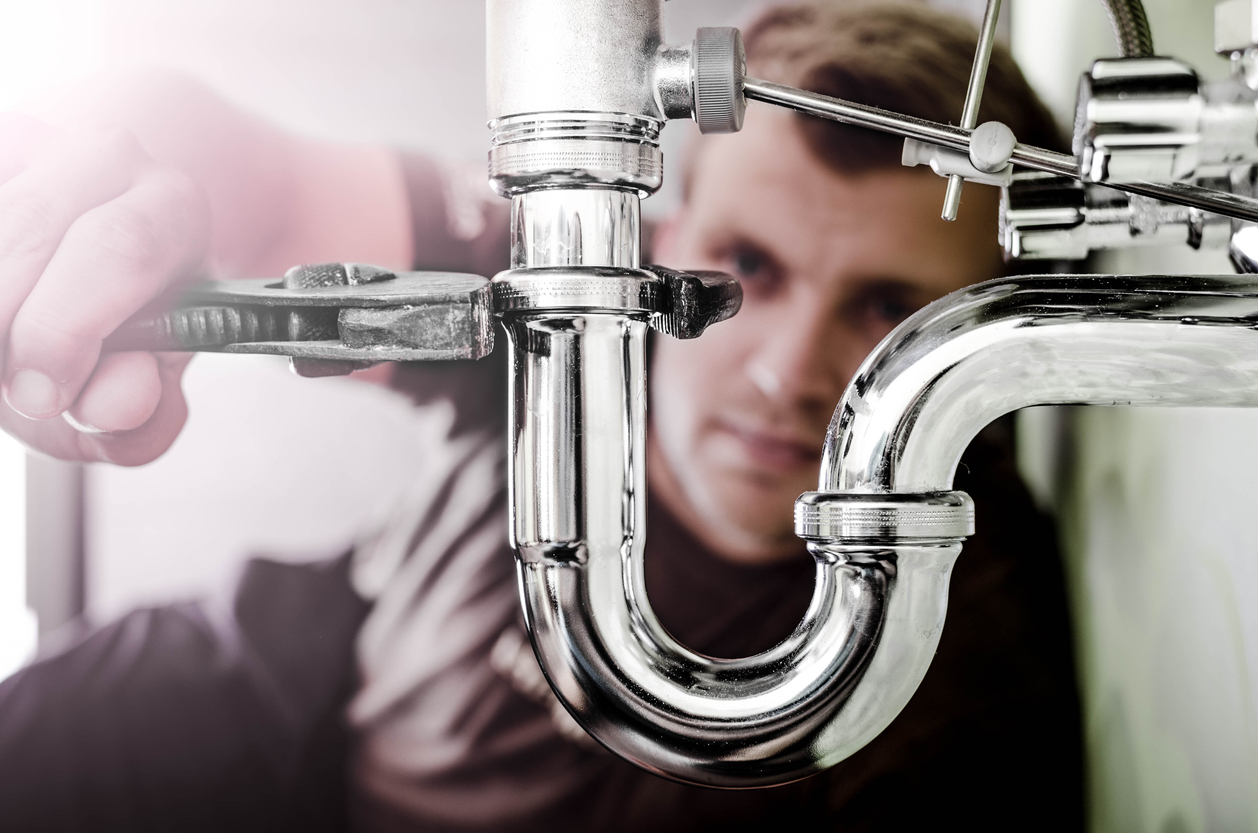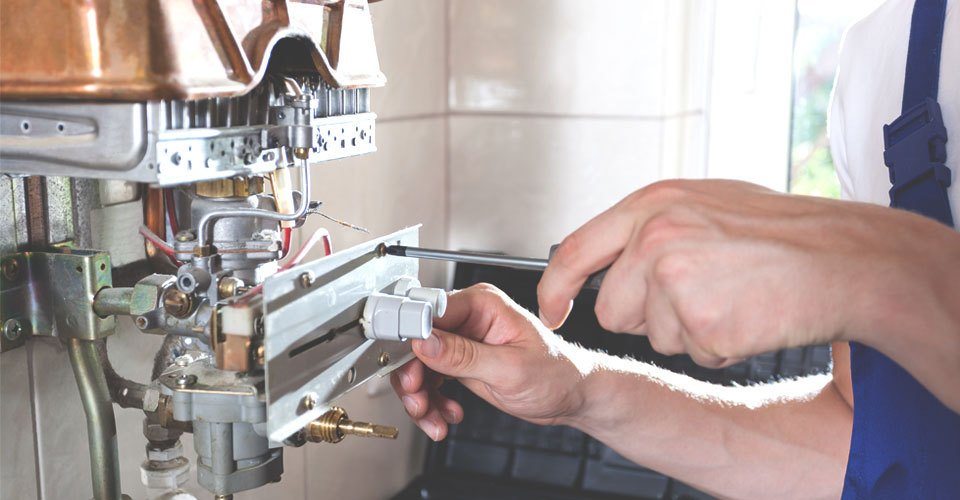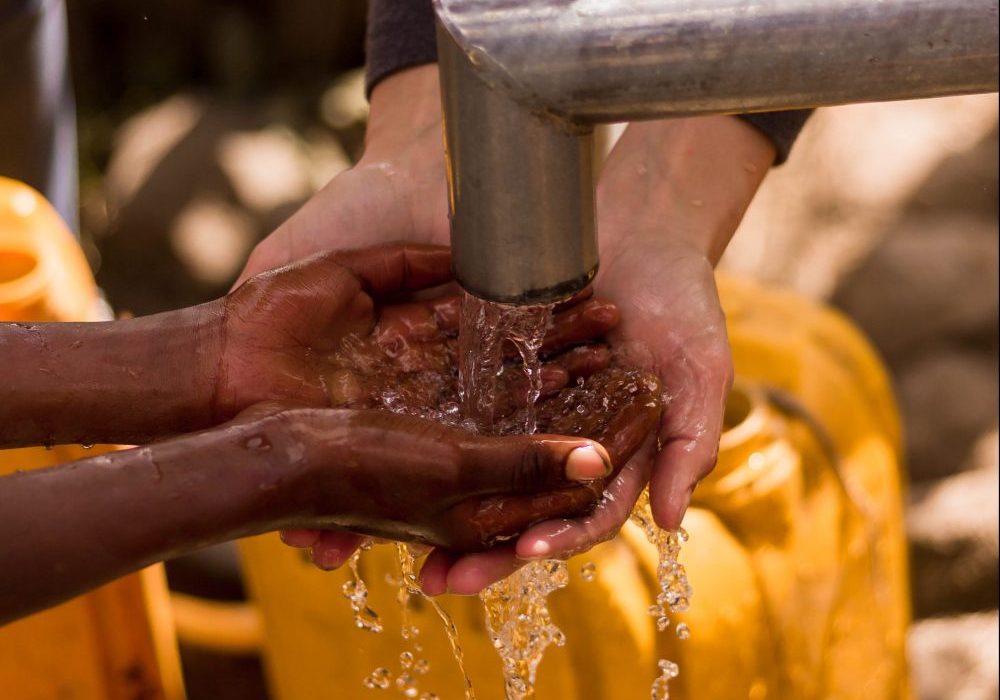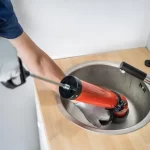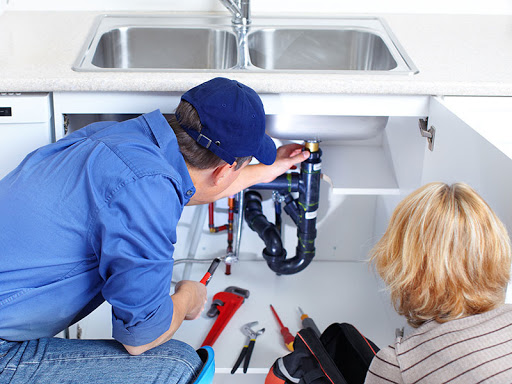Troubleshooting Tips: What to Do If Your Water Heater Keeps Shutting Off
Your trusty gas water heater has faithfully provided you with hot water for showers, dishes, and laundry, but suddenly, it starts acting up, repeatedly shutting off at the most inconvenient times. If you find yourself facing this frustrating situation, don’t worry; we’ve got you covered.
In this blog post, we’ll explore the common causes of water heater short cycling and the steps you can take to resolve the issue.
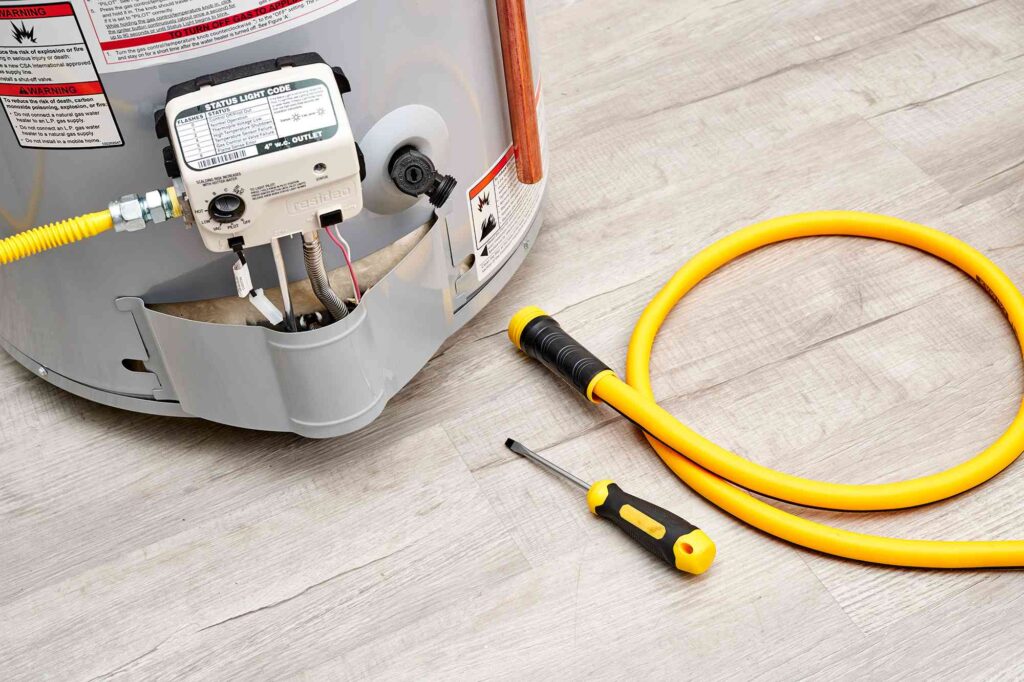
Content
1. Safety First: Call a Plumber
Before troubleshooting, remember that gas appliances can pose safety hazards if not handled correctly. If your gas water heater keeps shutting off, the first and most crucial step is to call a professional plumber. Gas-related issues should always be addressed by a qualified expert to prevent potential gas leaks or other dangerous situations.
2. Check the Thermocouple
Now, let’s get into some troubleshooting steps you can perform safely. The thermocouple is a critical safety device that senses the heat of the pilot light. It may fail to detect the heat if it’s dirty or damaged, leading to the automatic shutdown of the gas supply to the burner. Here’s what you can do:
- Inspect the Thermocouple: Locate the thermocouple and examine it closely. Is it covered in dirt or soot? Is it visibly damaged? If so, it may be the culprit behind your water heater woes.
- Cleaning or Replacement: If the thermocouple is dirty, carefully clean it with a soft brush or cloth. If it’s damaged, replacing it with a new one is best. You can find replacement thermocouples at most hardware stores.
3. Check the Air Inlet Screen
A clogged or dirty air inlet screen can obstruct proper combustion, causing the burner to shut off. Here’s how to address this issue:
- Inspect the Air Inlet Screen: Locate the air inlet screen near the bottom of the water heater. Is it clogged with dust or debris?
- Cleaning: If the screen is dirty, carefully clean it to ensure proper airflow.
4. Check the Thermopile
The thermopile is another safety device that generates electricity to keep the gas valve open. If it’s malfunctioning, it won’t generate enough electricity, causing the gas valve to close. Here’s what to do:
- Inspect the Thermopile: Check the condition of the thermopile. If it appears damaged or worn out, it may need replacement.
- Replacement: If necessary, replace the thermopile with a new one, following the manufacturer’s instructions.
5. Check the Gas Valve
A faulty gas valve can disrupt gas flow regulation to the burner. Here’s how to determine if the gas valve is the issue:
- Inspect the Gas Valve: Carefully examine the gas valve for any signs of damage or malfunction.
- Replacement: If you suspect the gas valve is faulty, it’s essential to have it replaced by a qualified professional.
6. Check for Leaks
A leaking tank can lead to the burner shutting off. To address this potential issue:
- Inspect for Leaks: Examine the tank for any signs of leakage, such as puddles or dampness around the base.
- Professional Repair or Replacement: If you find any leaks, it’s crucial to have the tank repaired or replaced by a professional plumber.
7. Check the Exhaust Vent
Blocked exhaust vents can disrupt the proper functioning of your water heater. Here’s how to ensure your vent is clear:
- Inspect the Exhaust Vent: Check the exhaust vent for any obstructions, such as debris or bird nests.
- Clear Blockages: If you find blockages, clear them to ensure proper ventilation.
In conclusion, when your gas water heater keeps shutting off, several potential culprits exist to investigate. While you can perform some troubleshooting steps yourself, always prioritize safety and leave gas-related issues and complex repairs to a qualified plumber. With the right attention and maintenance, you’ll have your hot water flowing consistently once again.

I am Scott Miller and my love is writing about home improvement. I write mostly about home ideas, but also share some tips and tricks that can make your life easier when it comes to getting things done in the house.

